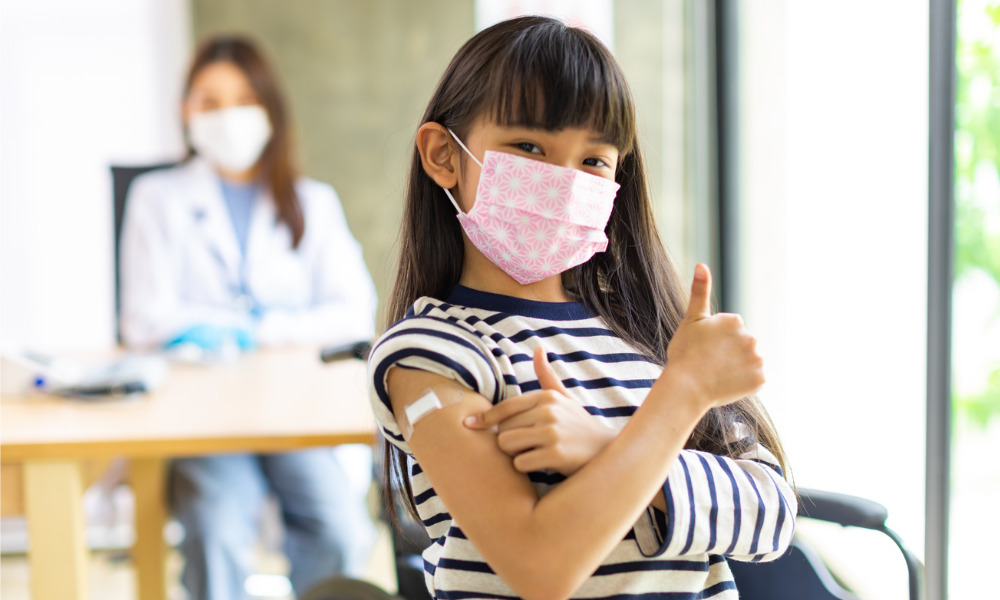Experts say parents should seriously consider vaccinations, as well as guidance and follow-ups after infection

A new study shows nearly 6% of children who have contracted COVID-19 still reported symptoms three months later, though the symptoms were less severe
The study looked at more than 1,800 children aged 17 and younger who visited an emergency room for COVID-19 and underwent 90-day followups, reported the Canadian Press.
Nearly 10% of children who were admitted to the hospital and 5% of kids who were treated in an emergency room and released had long COVID.
The study involved the University of Calgary’s Cumming School of Medicine, the University of California, Davis School of Medicine in Sacramento, Calif., Ann and Robert H. Lurie Children’s Hospital of Chicago and Chicago’s Northwestern University Feinberg School of Medicine.
According to the study, children aged 14 and older who had spent time in the hospital due to more severe symptoms were more likely to have long COVID.
“We found that in some children, illness with COVID-19 is associated with reporting persistent symptoms after three months,” principal investigator Dr. Stephen Freedman, a pediatric emergency medicine physician and a clinician-scientist in the Cumming School of Medicine, told the Canadian Press.
“Our results suggest that appropriate guidance and follow up are needed, especially for children at high risk for long COVID.”
Exhaustion or weakness, cough, difficulty breathing, or shortness of breath were the most often-reported chronic symptoms among children.
Researchers were able to build on a study about pediatric pneumonia that had already been in progress more than two years ago by focusing on emergency room admissions rather than community or educational settings.
Dr. Anna Funk, an infectious disease immunologist and co-principal investigator on the study from the Cumming School of Medicine, said that the rate of long COVID 19 reported would probably have been a little lower if the study had included kids with milder conditions who weren't being treated in an emergency room.
She claimed that the bulk of the monitored patients were relatively young. Three was the typical age.
“We did also find it was more likely that children who were older, older than 14, were more likely to report these post-COVID conditions as well.”
According to the study, adult reported rates of extended COVID are significantly greater than those identified in children.
One lesson from the findings, Funk said, is that parents should give vaccinations serious consideration.
“We know vaccines are known to reduce severe illness, so this would seem to be a nice intervention in order to possibly reduce post-COVID conditions in children.”



